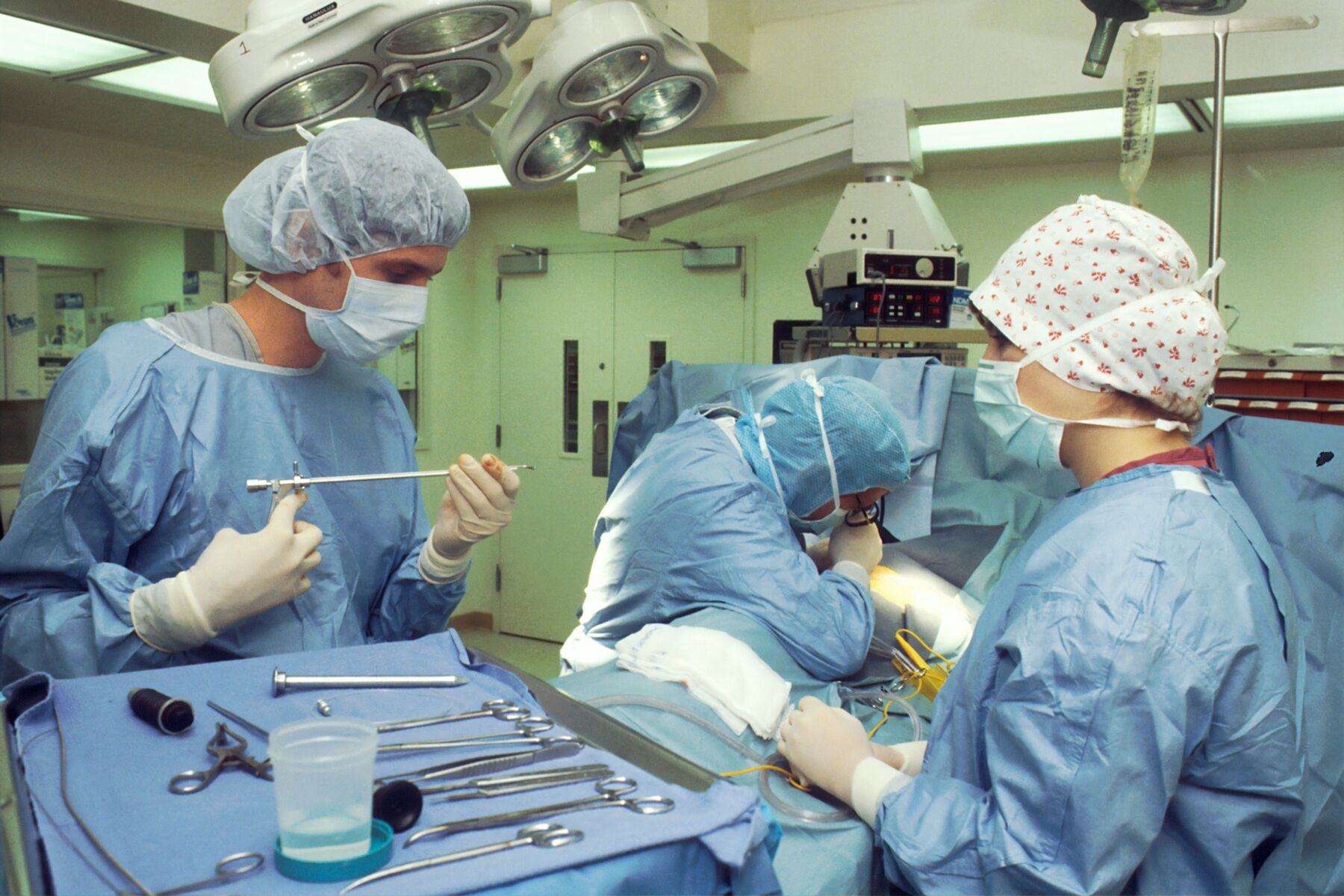Bariatric surgery can help obese individuals not only lose weight but also reduce risk of cancer by 32%

canveBariatric surgery, commonly known as weight loss surgery, encompasses various procedures designed to help individuals lose weight by altering the anatomy of the stomach and, in some cases, the digestive process itself. These changes help to limit food intake and improve fat metabolism. This surgery has gained prominence not only for its effectiveness in promoting significant weight loss but also for its potential to reduce the risk of cancer among individuals with obesity. A recent study by the Cleveland Clinic has highlighted the remarkable impact of bariatric surgery on reducing the incidence and mortality of obesity-associated cancers.
Understanding bariatric surgery and its mechanisms
Bariatric surgery includes procedures such as Roux-en-Y gastric bypass, sleeve gastrectomy, and biliopancreatic diversion with duodenal switch. These procedures primarily work by physically reducing the size of the stomach, altering gut hormone levels responsible for hunger and satiety, and, in some cases, changing the nutrient absorption process. The surgeries set a new hormonal weight set point, helping individuals achieve long-term weight loss.
In cases of morbid obesity, bariatric surgery is the most effective treatment for weight loss and reducing complications. According to a 2021 meta-analysis, bariatric surgery significantly reduces all-cause mortality among obese adults, with a median life expectancy increase of 9.3 years for those with diabetes and 5.1 years for those without diabetes. The risk of death following the surgery is less than 1 in 1,000, and it has been estimated that bariatric surgery can reduce all-cause mortality by 30-50% in obese individuals.
Apart from promoting weight loss, bariatric surgery also improves various health conditions, including cardiovascular disease risk factors, fatty liver disease, and diabetes management. However, one of the most compelling benefits of bariatric surgery is its potential to reduce the risk of cancer.

Bariatric surgery and cancer risk reduction
A groundbreaking study by the Cleveland Clinic, published in the journal JAMA, has revealed that adults with obesity who underwent bariatric surgery had a 32% lower chance of developing cancer and a 48% lower risk of dying from cancer compared to those who did not undergo the surgery. This study involved over 30,000 Cleveland Clinic patients, with 5,053 adults who had bariatric surgery between 2004 and 2017, matched to a control group of 25,265 individuals who did not have surgery. These results underscore the significant reduction in cancer incidence and mortality associated with bariatric surgery.
Obesity is a known risk factor for 13 types of cancer, including endometrial cancer, postmenopausal breast cancer, and cancers of the colon, liver, pancreas, ovary, and thyroid. The International Agency for Research on Cancer has categorised these as obesity-associated cancers. The SPLENDID study’s findings indicate that bariatric surgery can significantly lower the risk of these cancers, providing robust evidence of the health benefits of intentional weight loss.
Broader implications and future research
The benefits of bariatric surgery were consistent across various demographics, including both women and men, young and old, and Black and white patients. The study also found similar benefits for both gastric bypass and gastric sleeve operations. These findings have profound public health implications, particularly given the growing obesity epidemic worldwide.
Dr Steven Nissen, the study’s senior author, emphasised that obesity is second only to tobacco as a preventable cause of cancer in the United States and elsewhere. The study provides strong evidence that weight loss surgery should be considered alongside other interventions to prevent cancer and reduce mortality.
Numerous studies have highlighted the health benefits of bariatric surgery, including improved management of type 2 diabetes and reduced risk of liver disease and heart complications. The SPLENDID study adds to this body of research, focusing on the link between obesity and cancer. Given the significant benefits observed, further research is needed to understand the underlying mechanisms responsible for the reduced cancer risk following bariatric surgery.

Dr Jame Abraham, chairman of the Hematology and Medical Oncology Department at Cleveland Clinic, noted that the magnitude of benefit shown in the study supports considering weight loss surgery as a key intervention to help prevent cancer and reduce mortality. Further studies are needed to delve deeper into the biological mechanisms that contribute to the reduced cancer risk post-surgery.
Bariatric surgery offers a transformative solution for individuals struggling with obesity, providing substantial weight loss and a remarkable reduction in the risk of obesity-associated cancers. The study underscores the importance of weight loss in mitigating cancer risk and highlights the potential of bariatric surgery as a critical intervention in the fight against obesity-related health complications. As the obesity epidemic continues to rise, these findings offer hope and a compelling case for the broader adoption of weight loss surgery to improve public health outcomes.
Seeking an excellent bariatric surgeon
While there are many clinics and surgeons offering bariatric surgery, it is advised to only seek out experienced surgeons and those with an excellent track record. Also, the hospital or clinic that is chosen should have the latest state-of-the-art operation theatres and post-op services. Contact MyMediTravel if you are interested in seeking out bariatric surgery for a better-looking and healthier self.
Latest Thailand News
Follow The Thaiger on Google News:


























